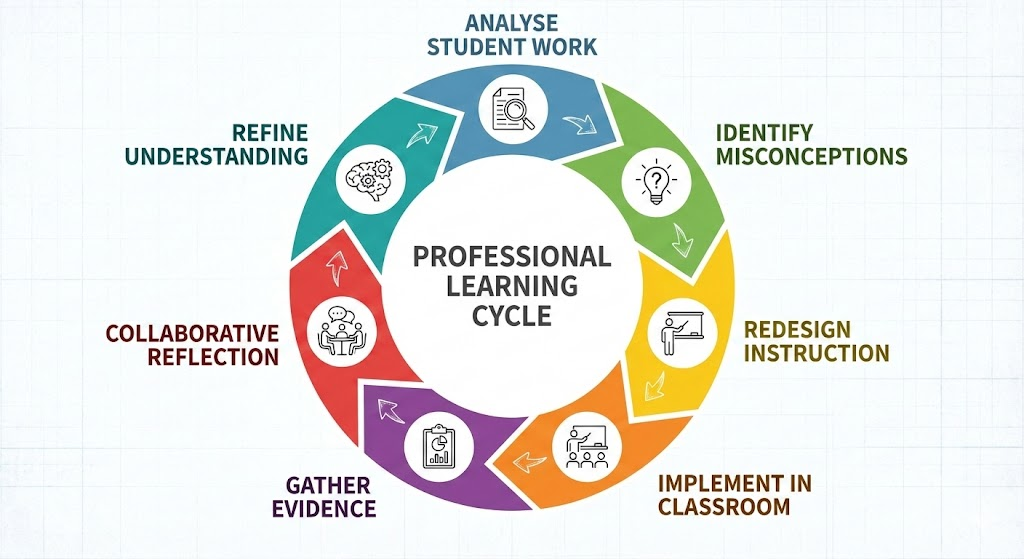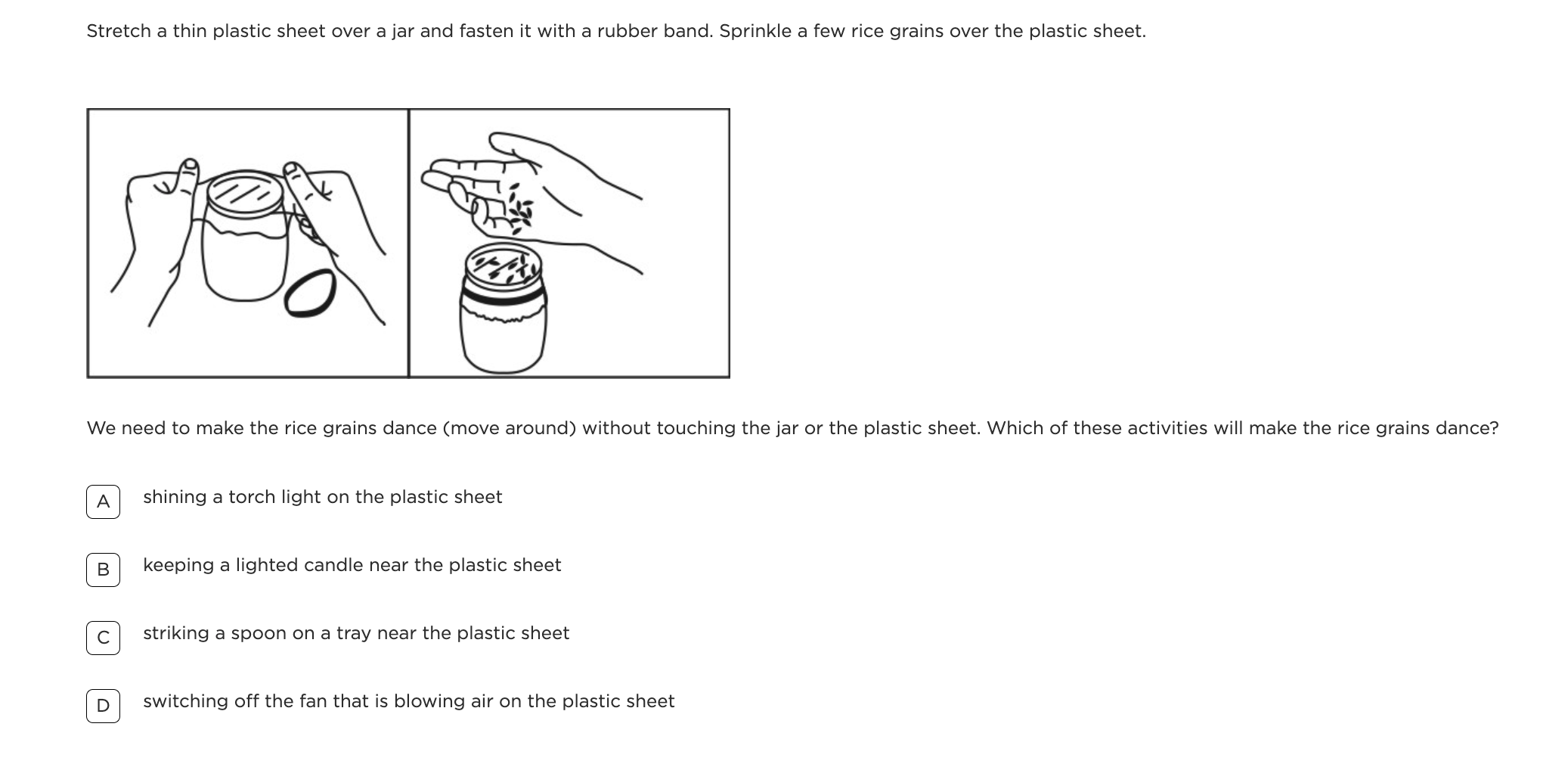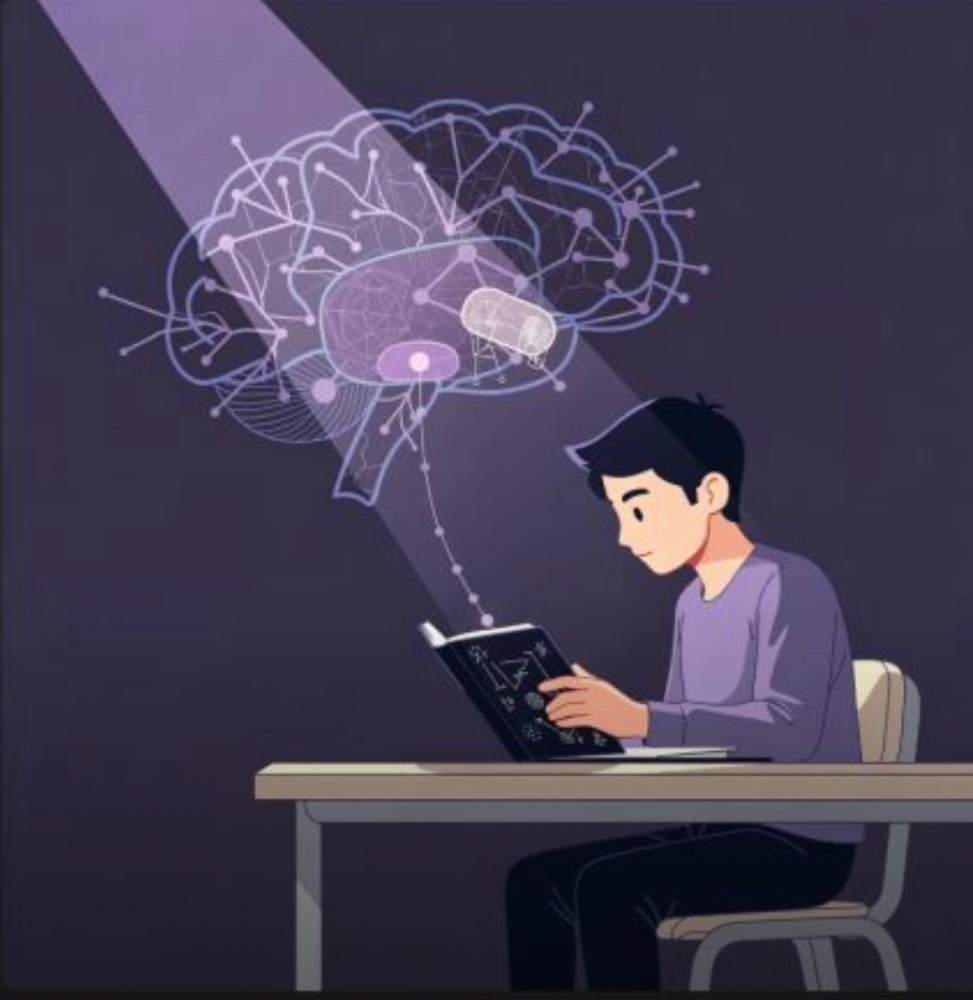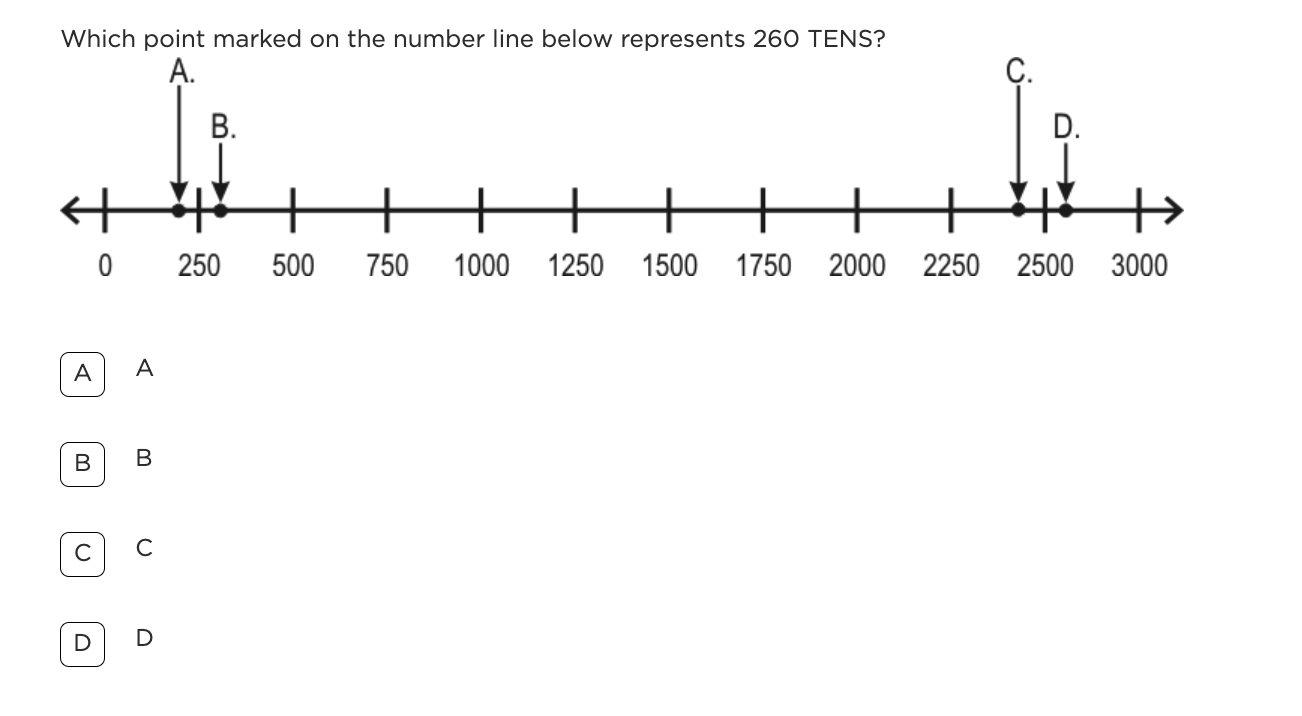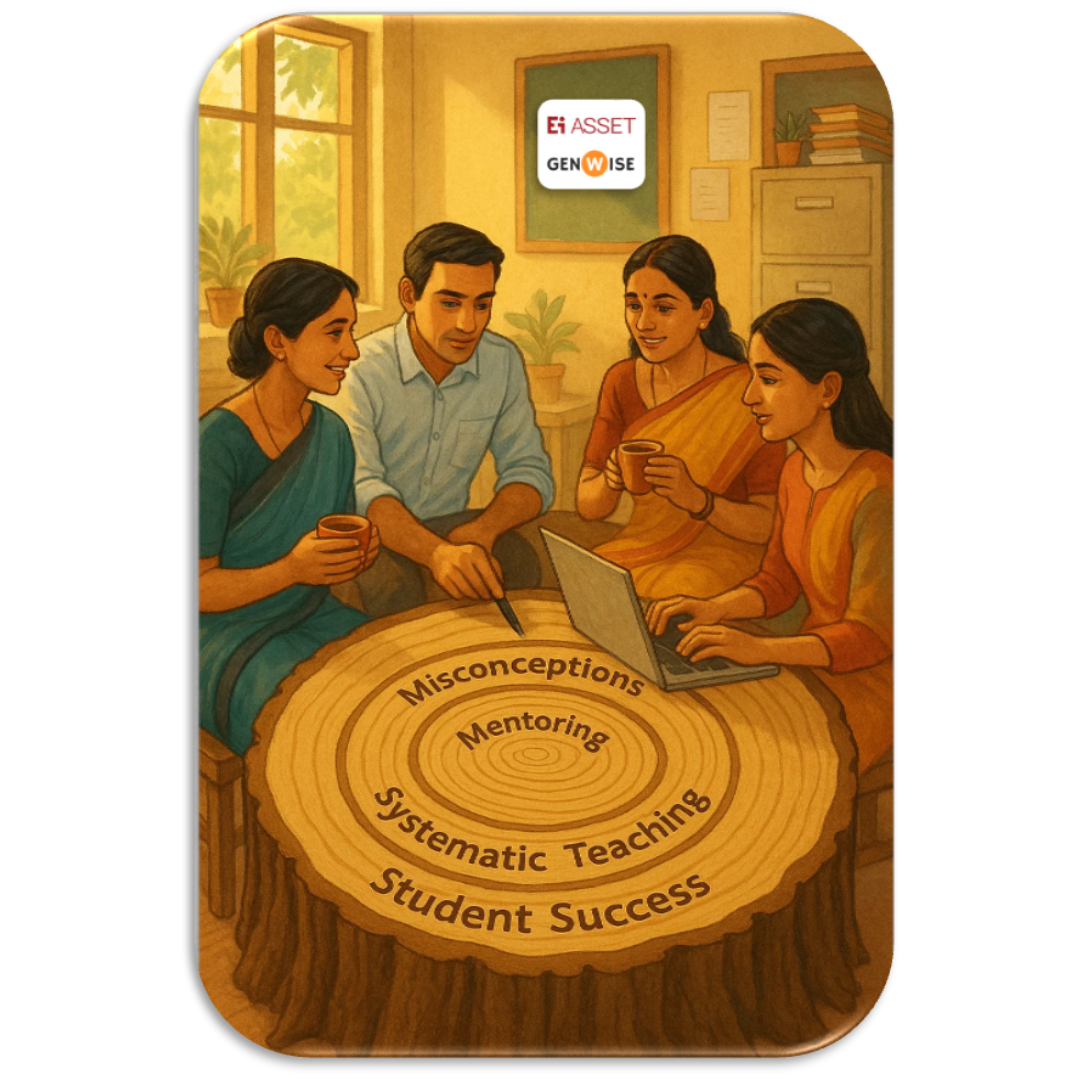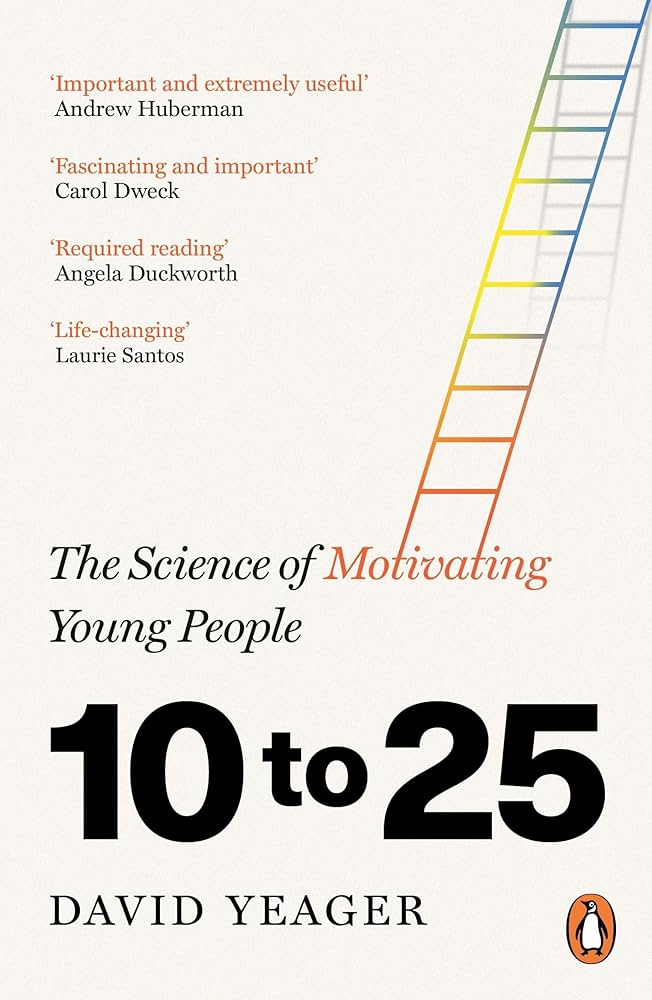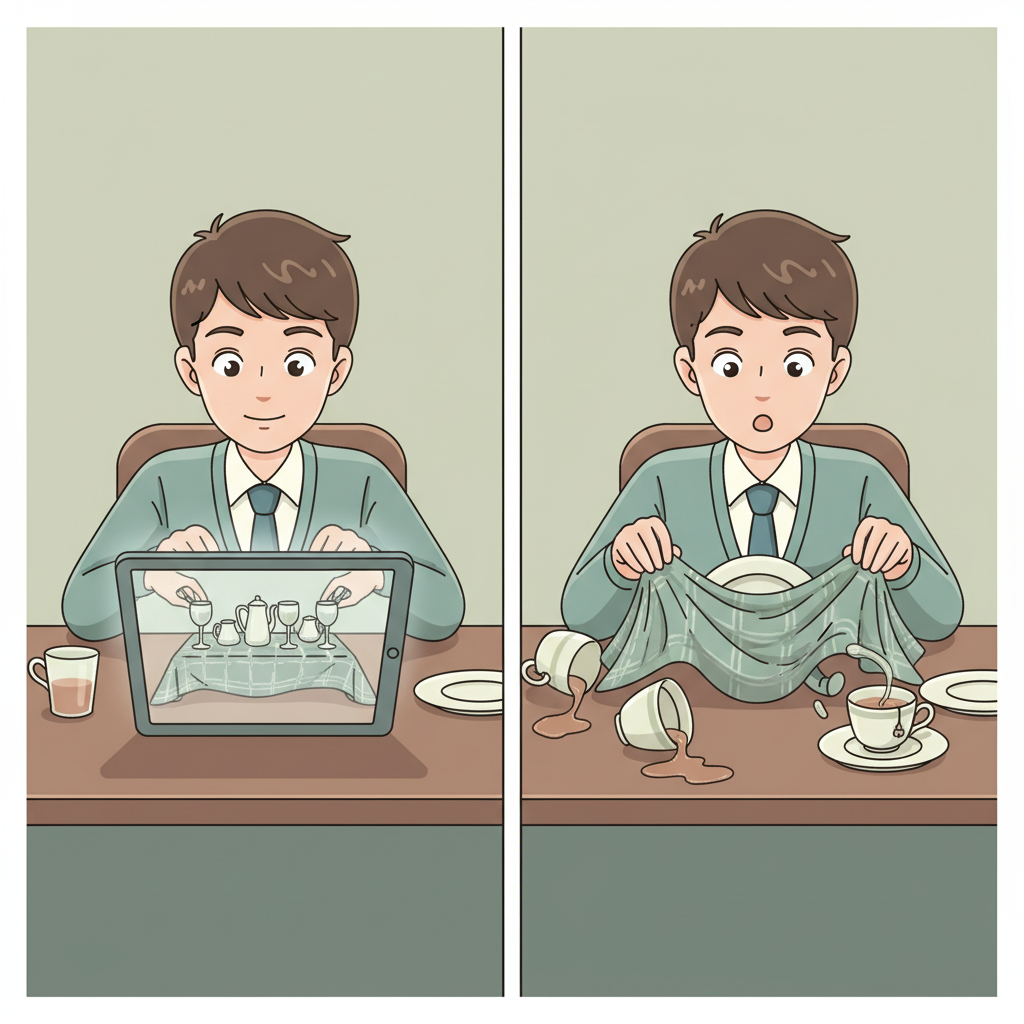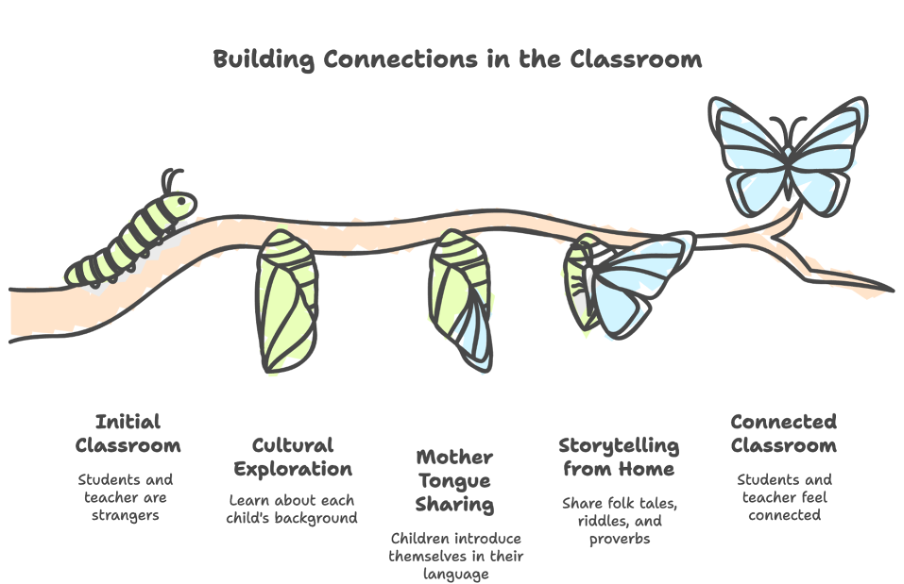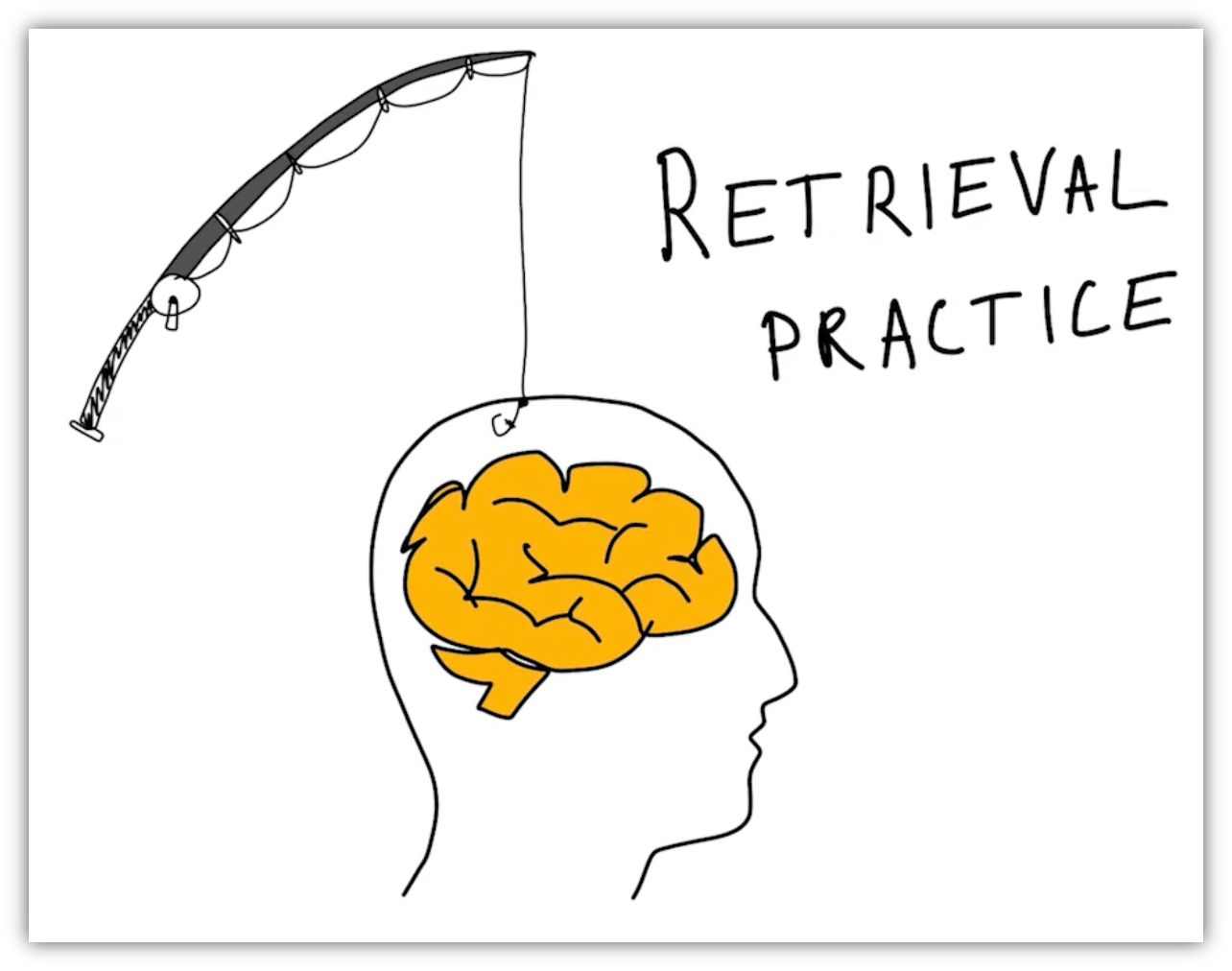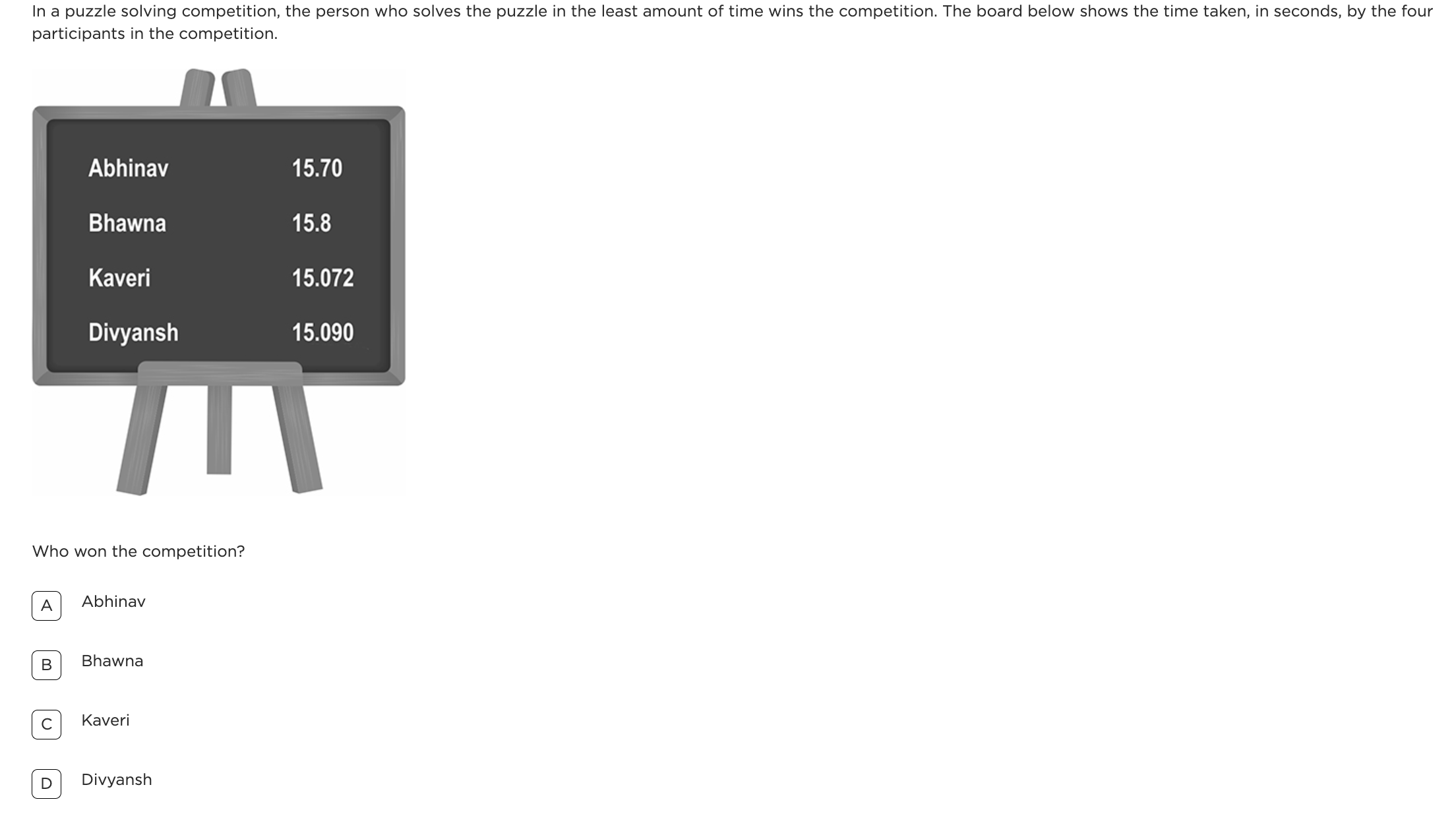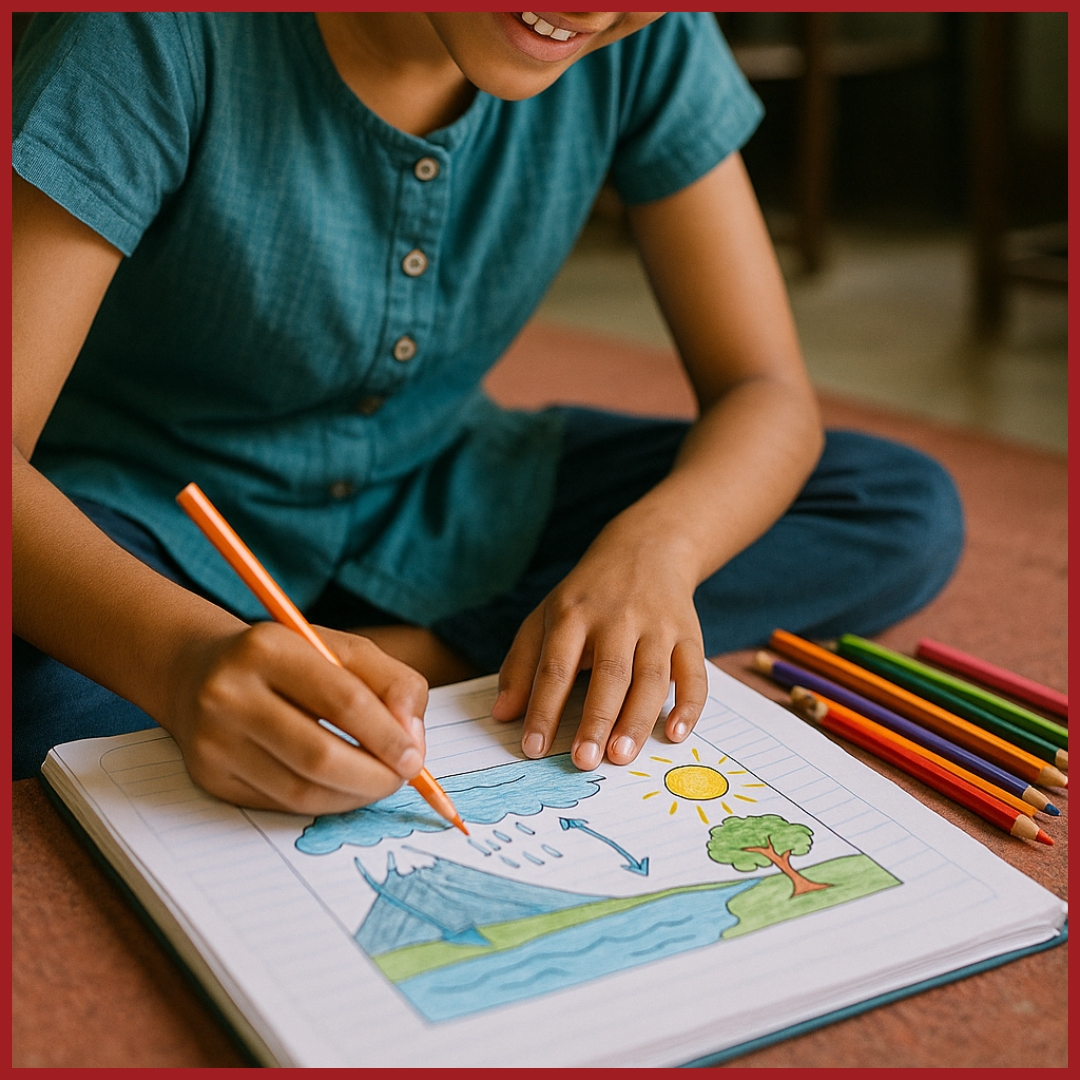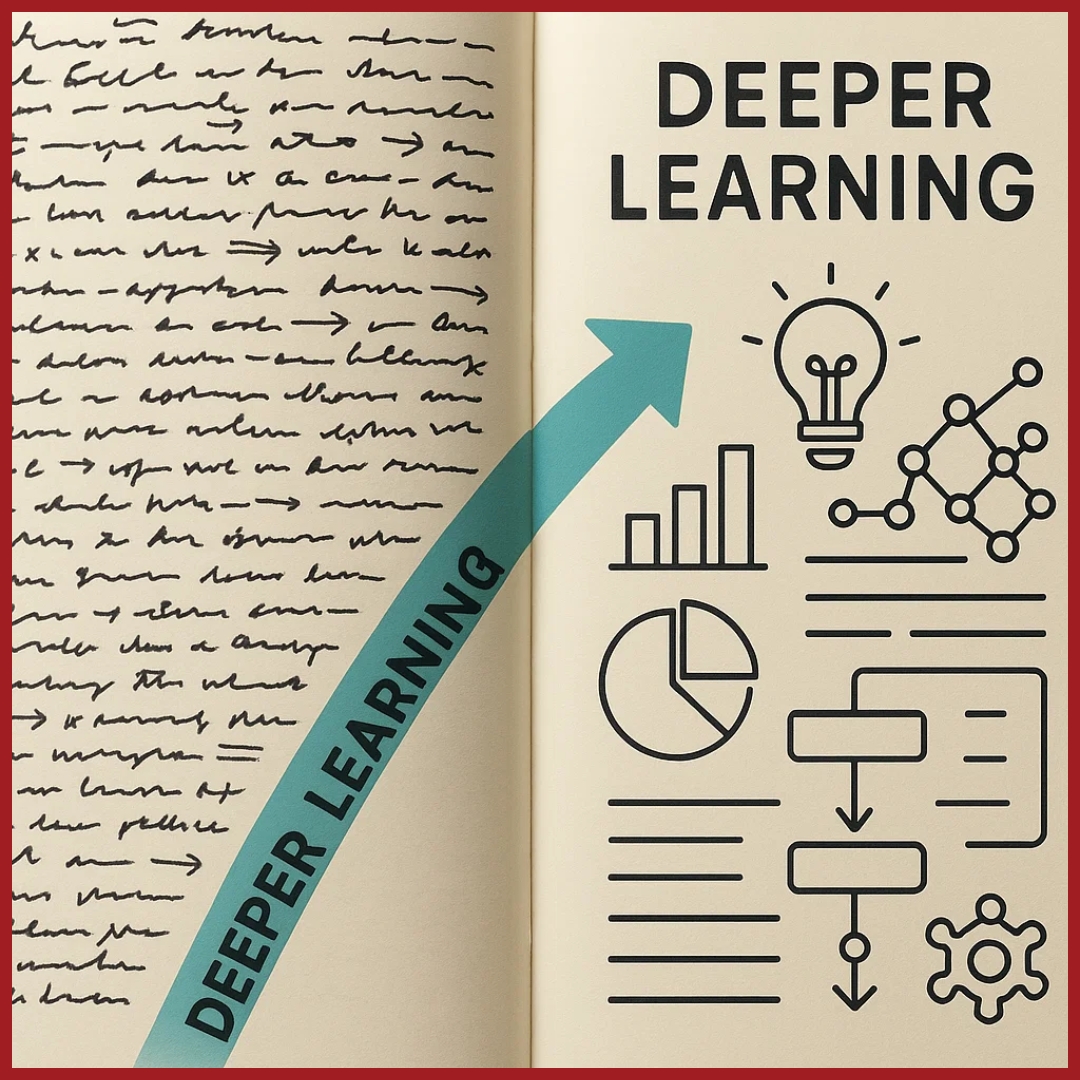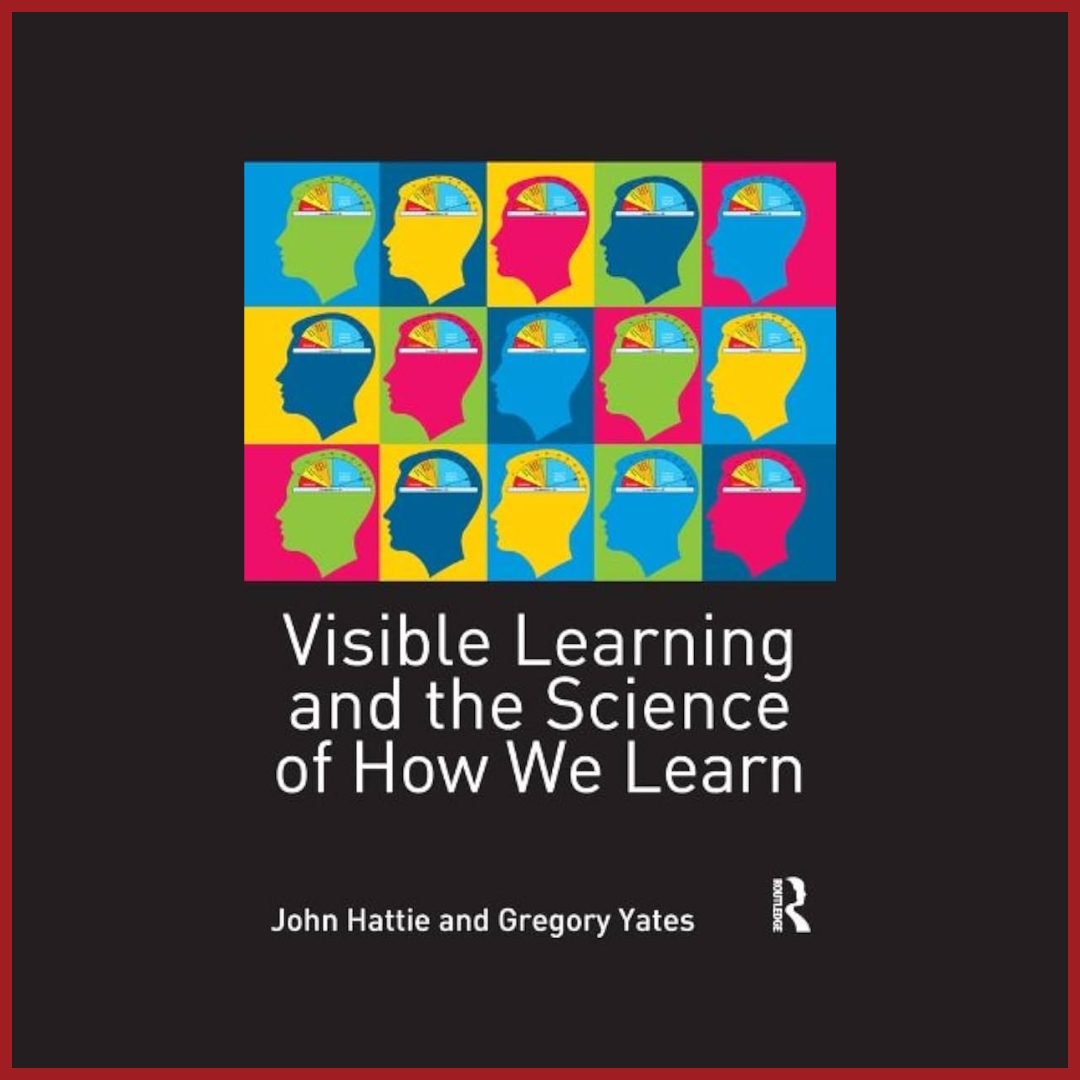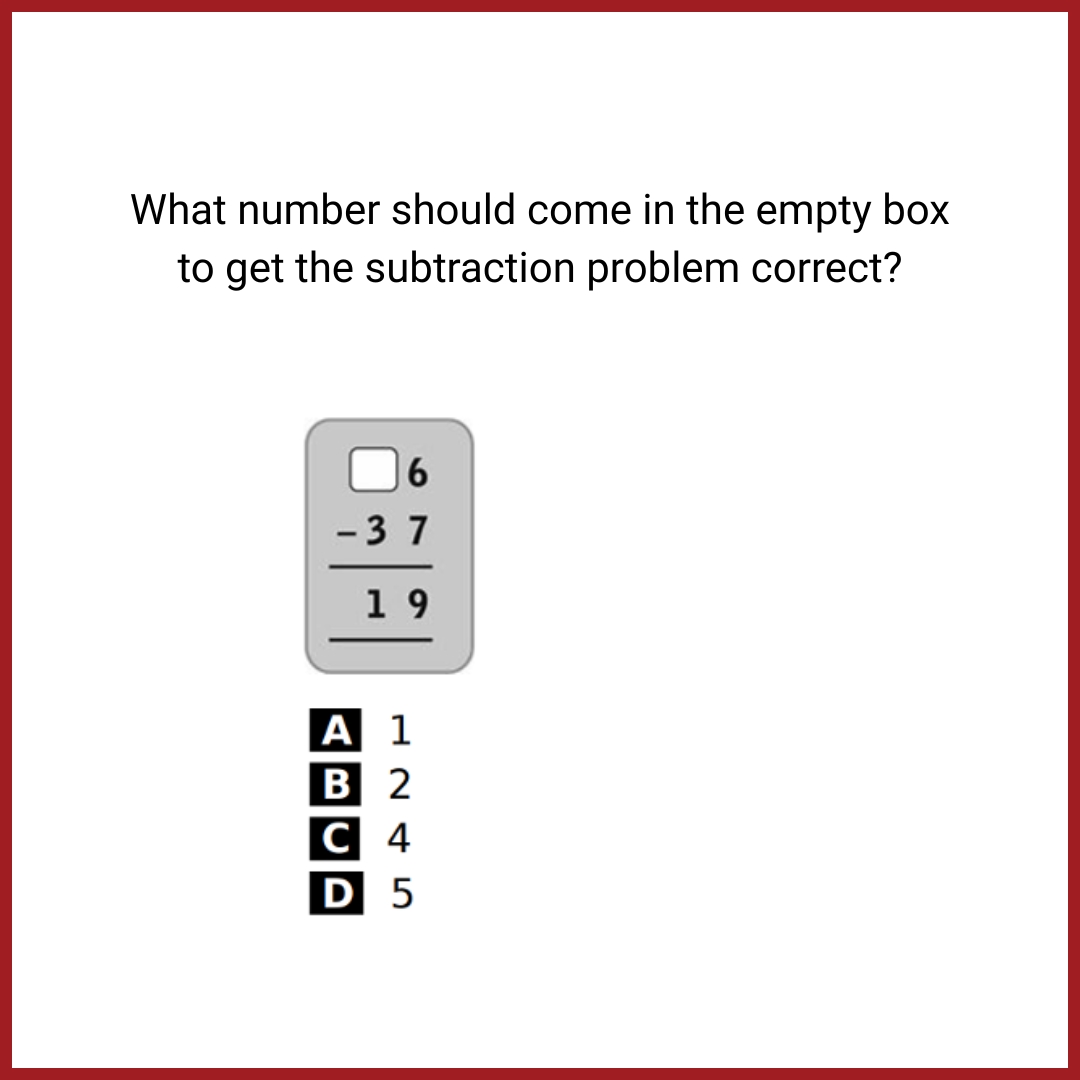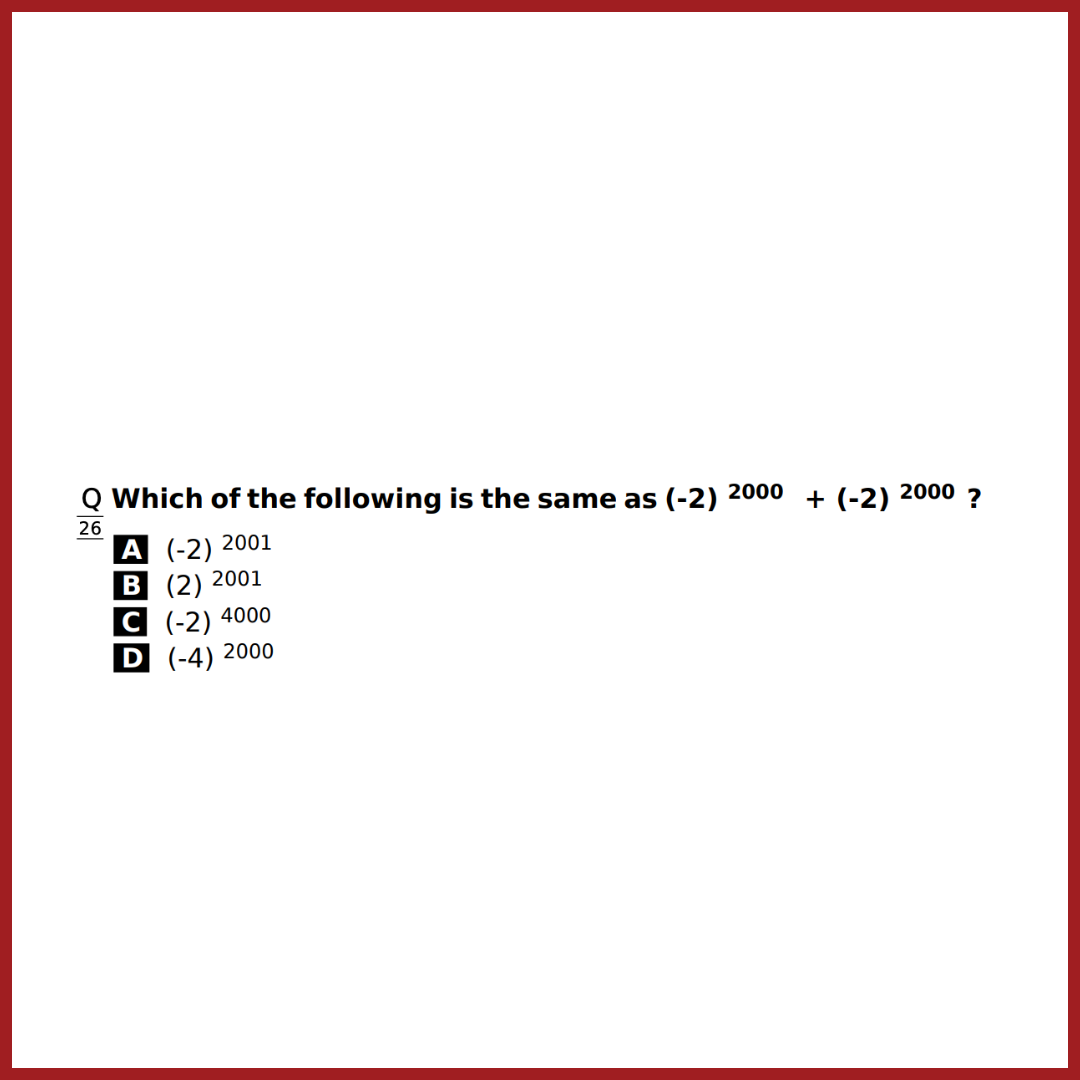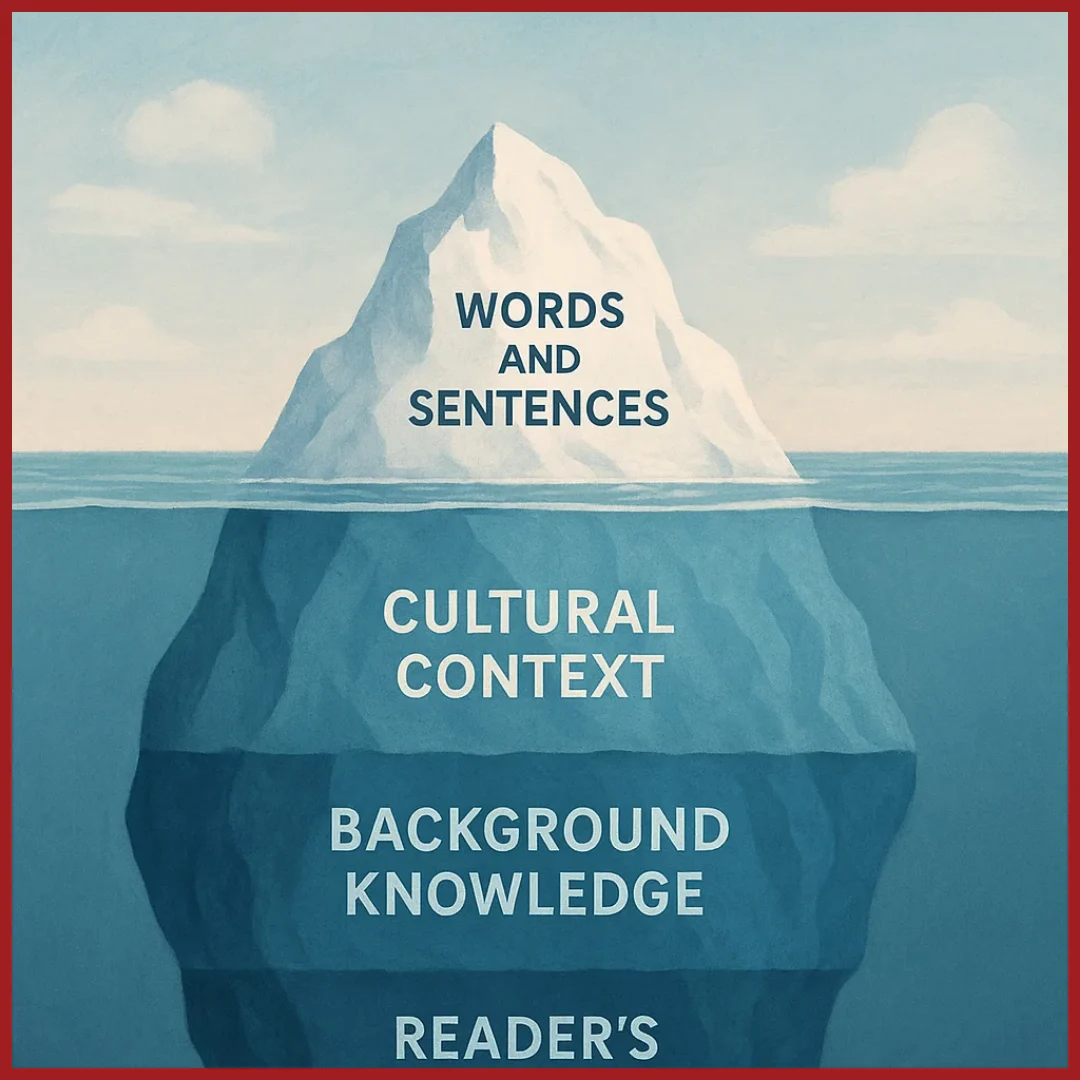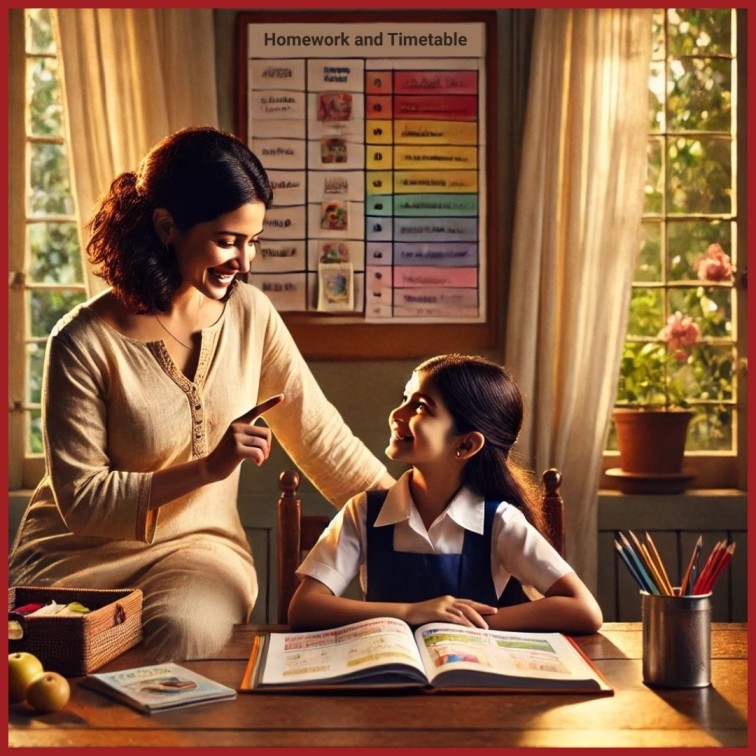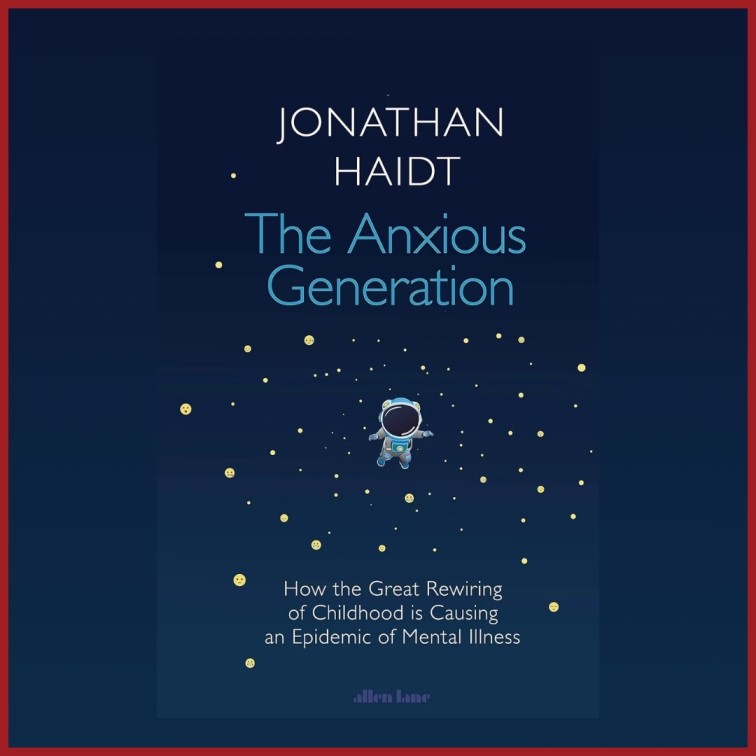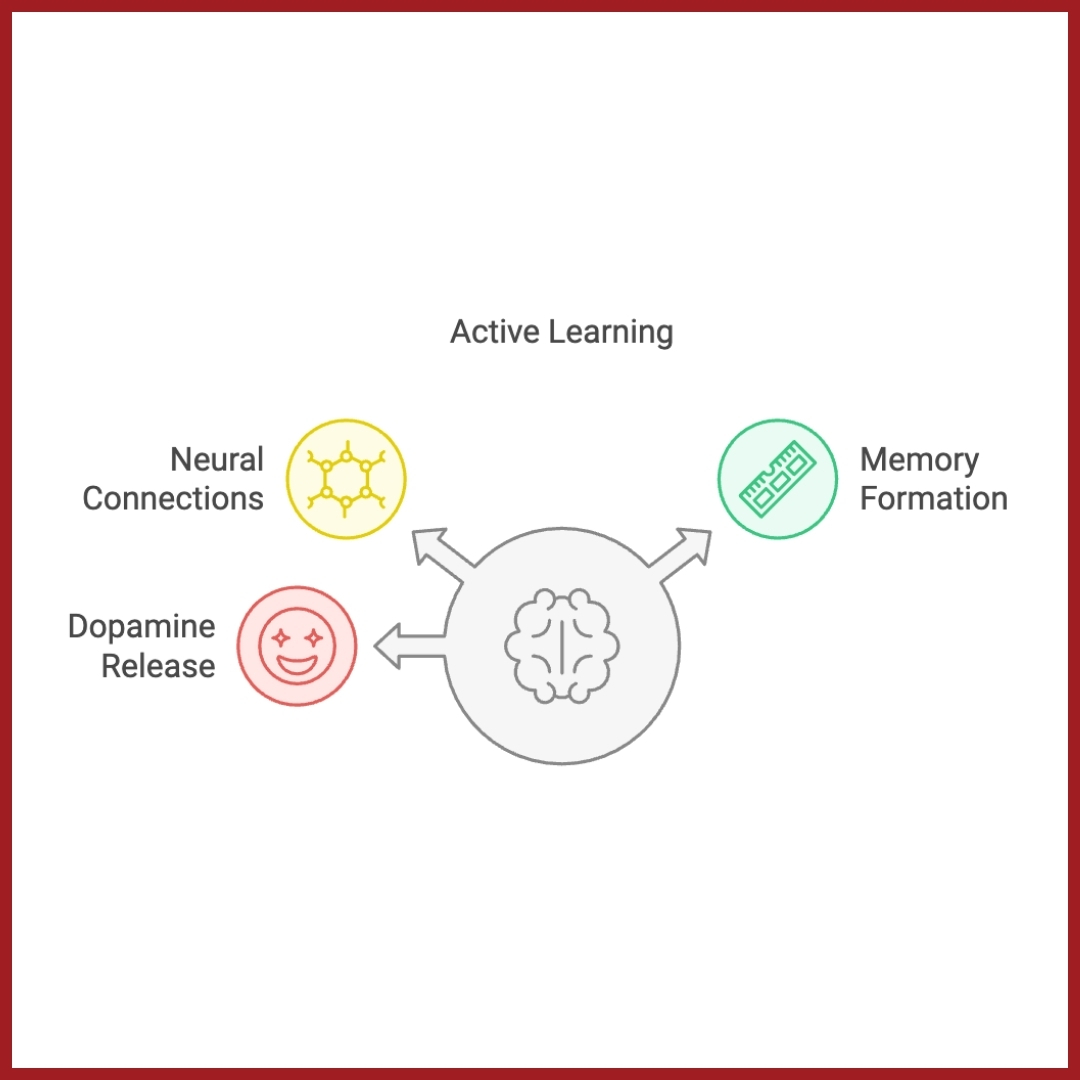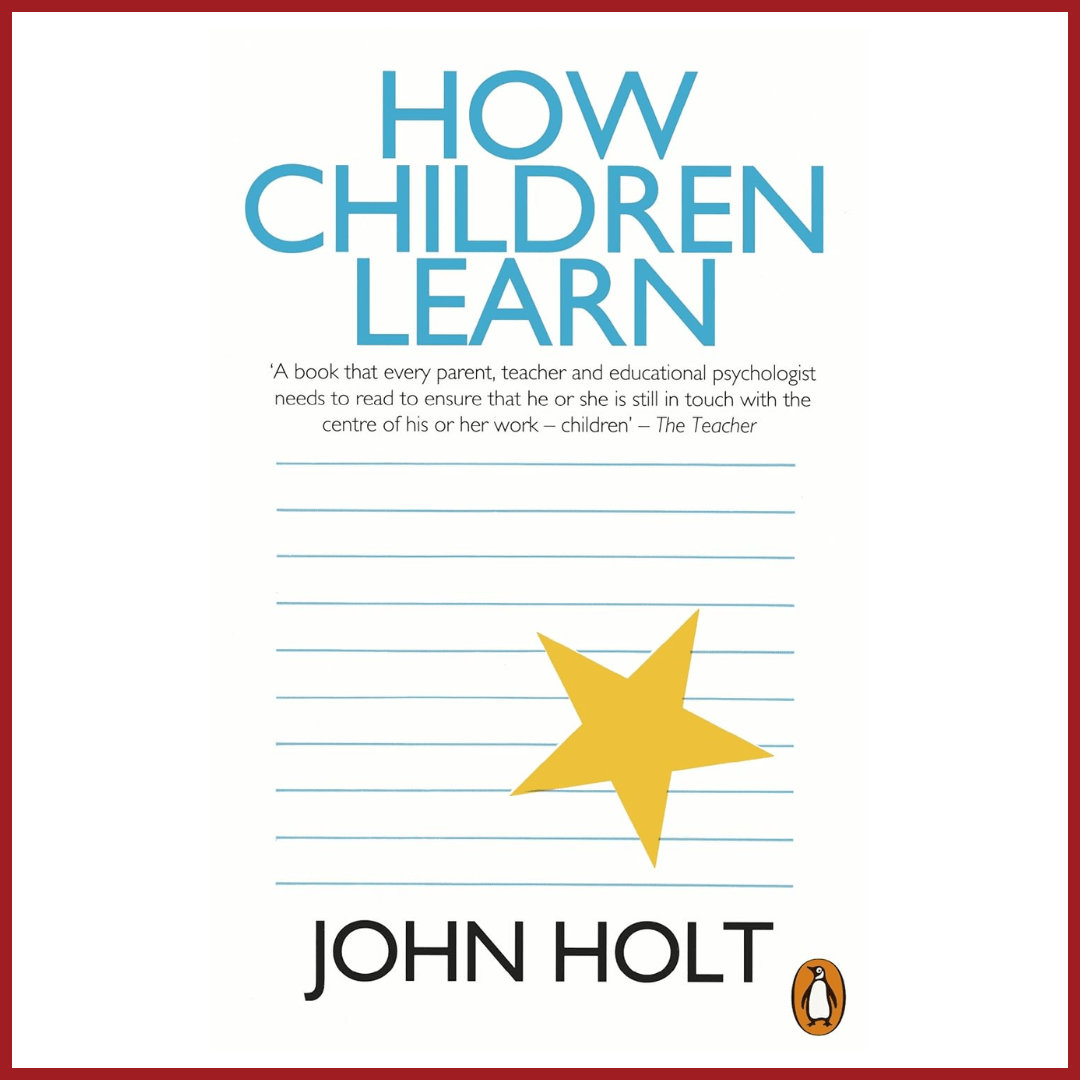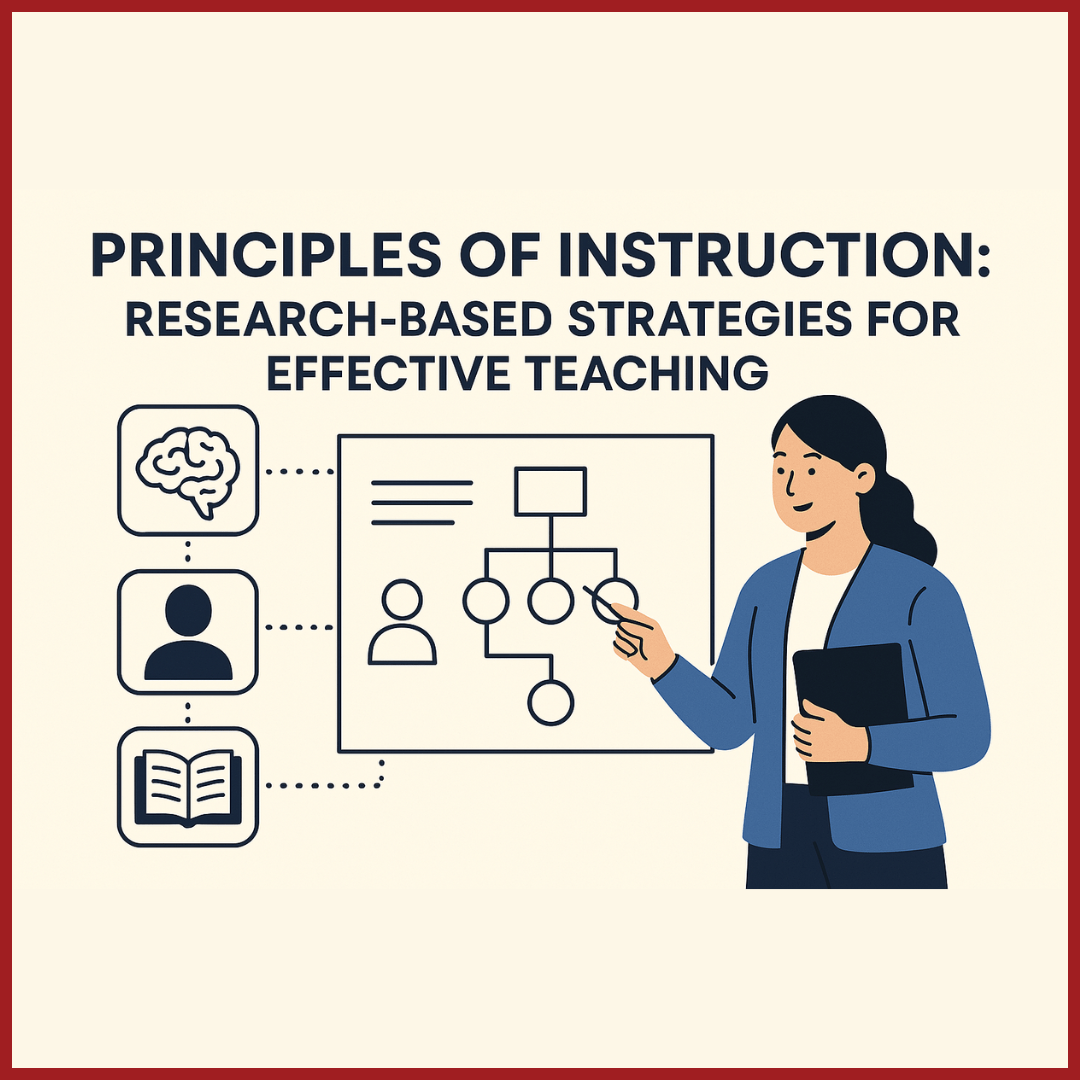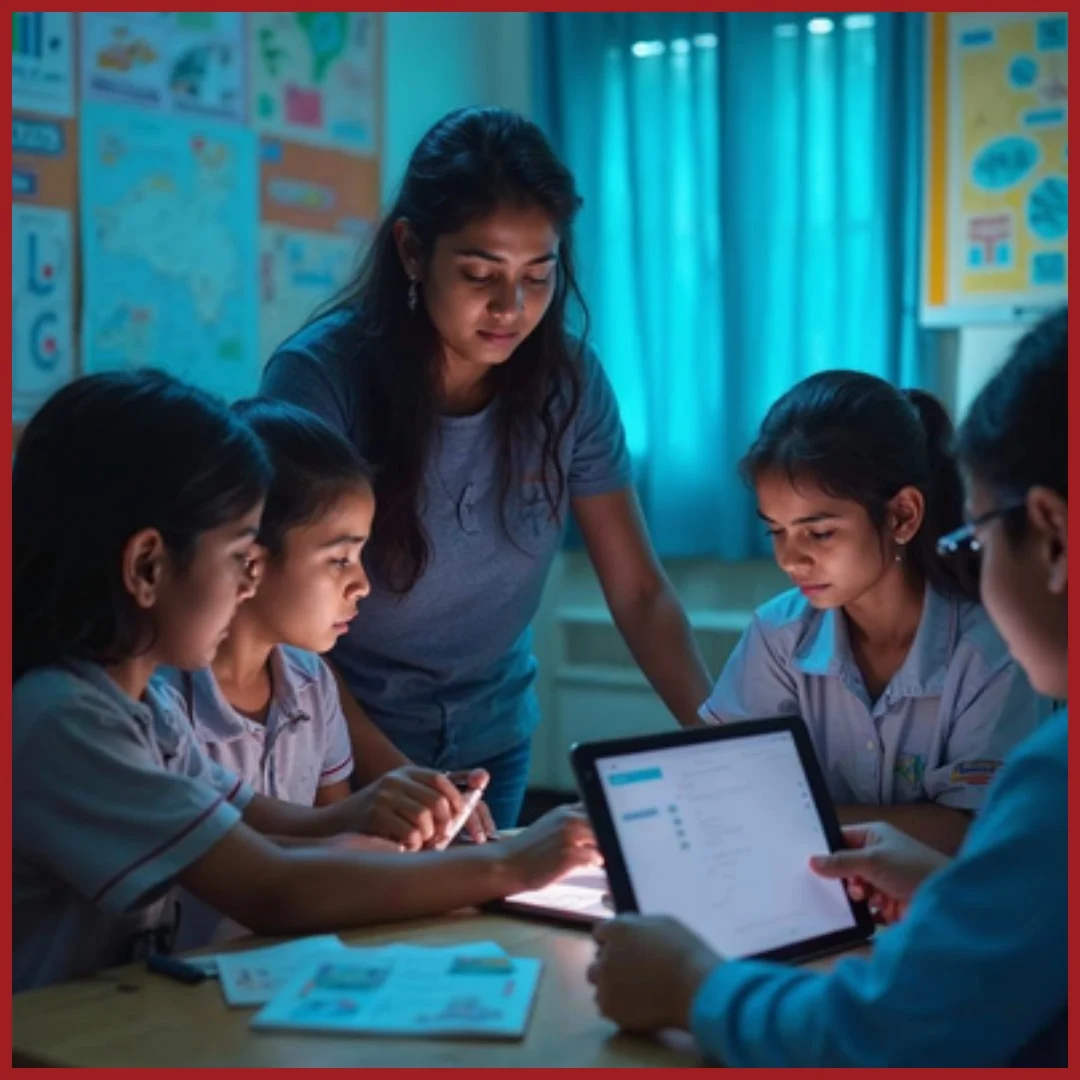Edition 05 | May 2025
Edu- Praxis
Homework, Hopes & High Fives:
The Science of Parental Support

Table of Contents:
The Study
It is one of the most common and important questions that parents ask teachers at PTM—”what can I do to best help support my child?” So researchers reviewed 37 studies on the effects of parental behaviours and attitudes on children’s grades. This involved a sample of over 80,000 students and their families. They then made suggestions as to what does and doesn’t work.
The Main Findings
Their study found that four of the best things a parent can do at primary and secondary school level to help their child’s grades are:
- Have high academic expectations: Having high aspirations and expectations of your child has the biggest impact on their grades. Parental expectations include how important school is, their attitude towards teachers, and the value of education.
- Regular communication: This includes developing and maintaining communication with children about their school life. This helps parents nip any potential problems in the bud before they manifest into bigger issues.
- Good reading habits: This involves reading frequently and regularly with your child. This includes reading to them and encouraging them to read alongside you as well
- Homework rules: This revolves around having clear rules to deal with how they divide their homework and leisure time. Explaining why these rules are in place can help them to make better decisions regarding their independent study time later in their school career.
By contrast they found that behaviours such as parental attendance of school activities and supervising homework did not make a significant impact on grades.
Related Research
A large body of research has confirmed the findings of this study, specifically, the power of high expectations and valuing education. This impact has been found when those expectations come
from parents, teachers or the students themselves.
Likewise, developing good reading habits and reading for pleasure has also been associated with
improvements in vocabulary, spelling, maths and general academic achievements. Given its
importance, it is a worry that in 2016 the National Literacy Trust reported that only 40% of
teenagers enjoyed reading, and only 24% said that reading was “cool”.
The study finding that it is important to have clear rules around homework time is interesting, as
other research has found that students who do their homework themselves (i.e. without parental
supervision) do better. This is because, when students get older, their homework becomes more
complex, and then they need to take individual responsibility and ownership for their own
success.
Classroom Implications
The authors of the study note that “anyone concerned about education would like to know which
malleable variables have the greatest effect on educational performance. But, unfortunately, it
seems that the largest effects are associated with variables outside the scope of administrators
or policy makers”. How much influence can schools have on these important factors? We may
not be able to determine parental behaviours and attitudes, but we can do our best to influence them.
Educating parents is important. Parents have limited knowledge from a small sample size of what
does and doesn’t work (i.e. their own experiences with their children). Schools and teachers have
a wide, varied and deep experience base of helping students achieve educational success. It
therefore stands to reason that part of the role and responsibility of a school is to transmit and
transfer this knowledge. Parent evenings, evening workshops and newsletters are great ways to
communicate this information to parents.

